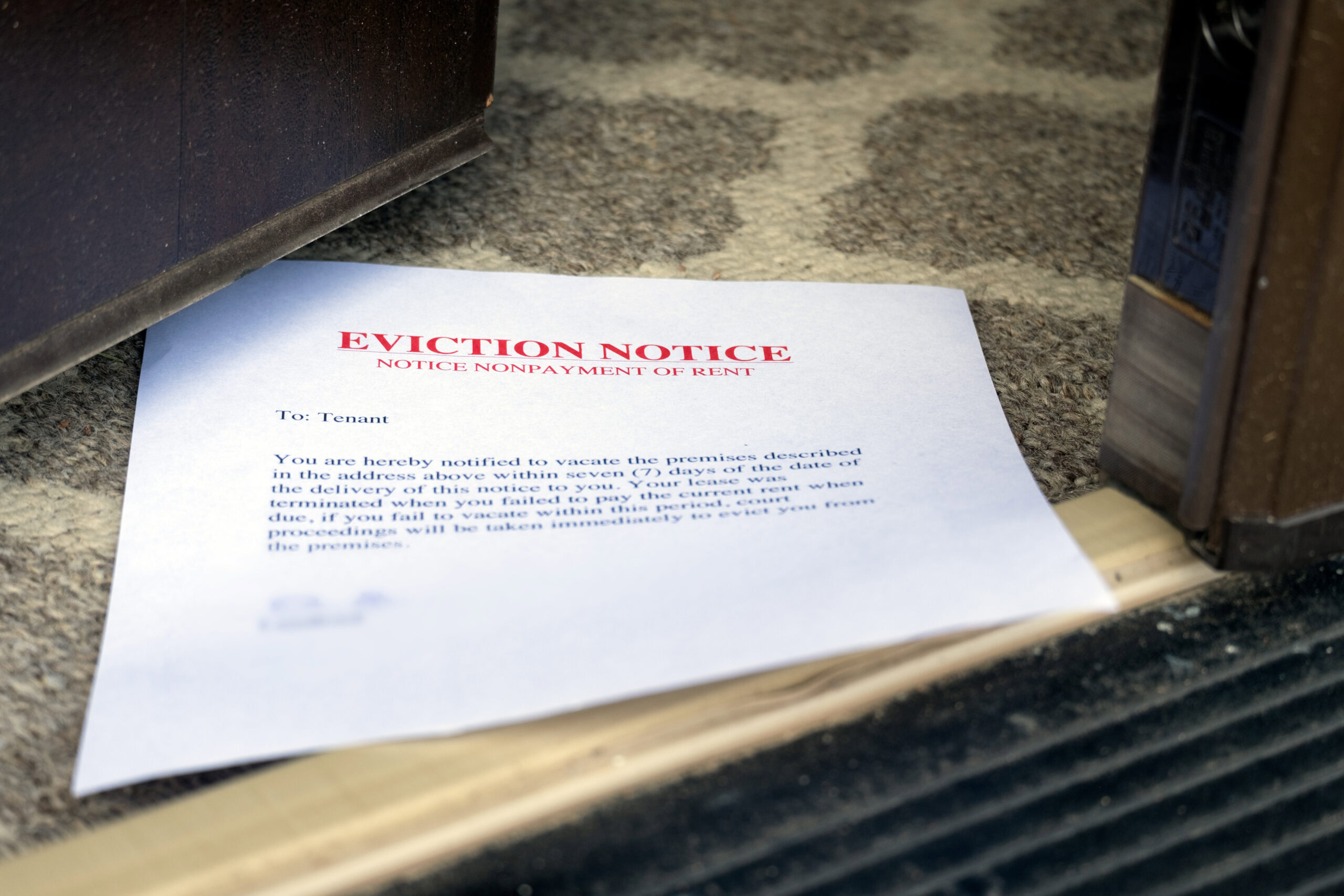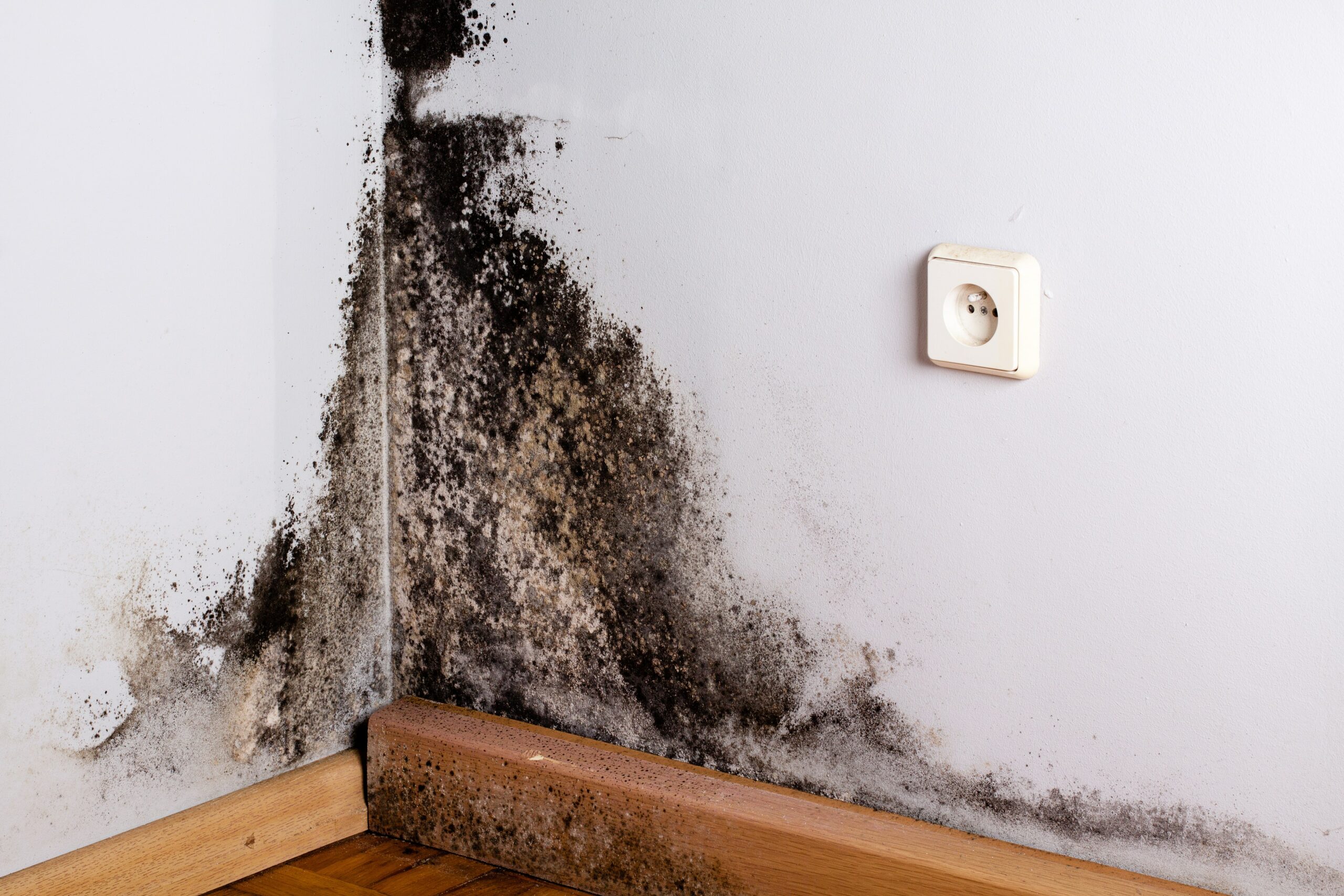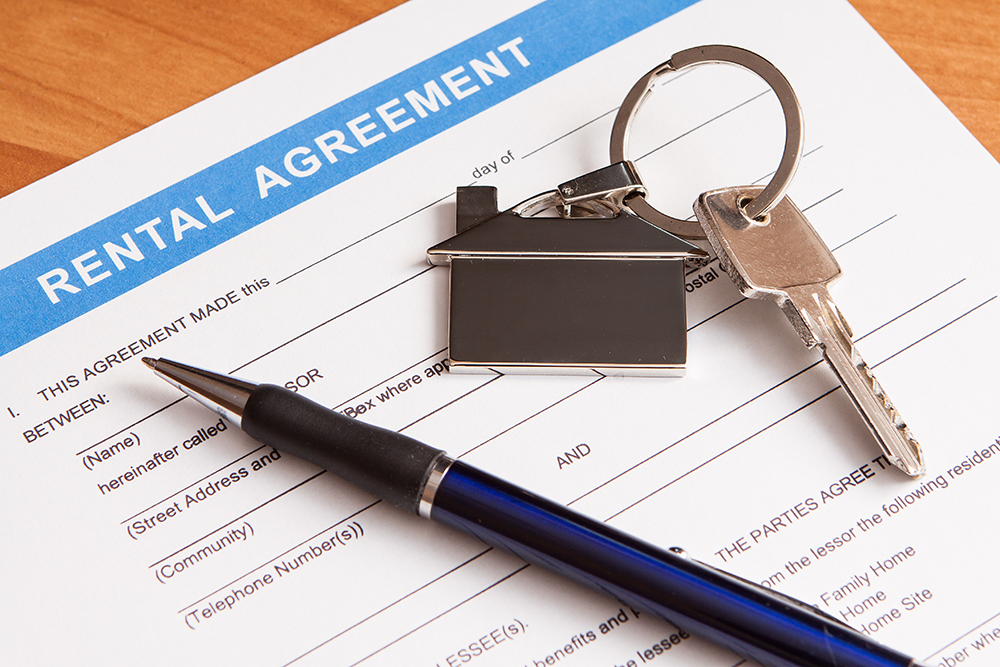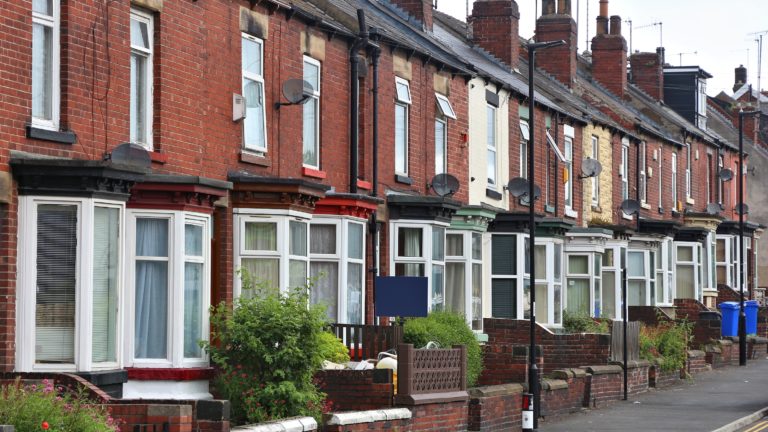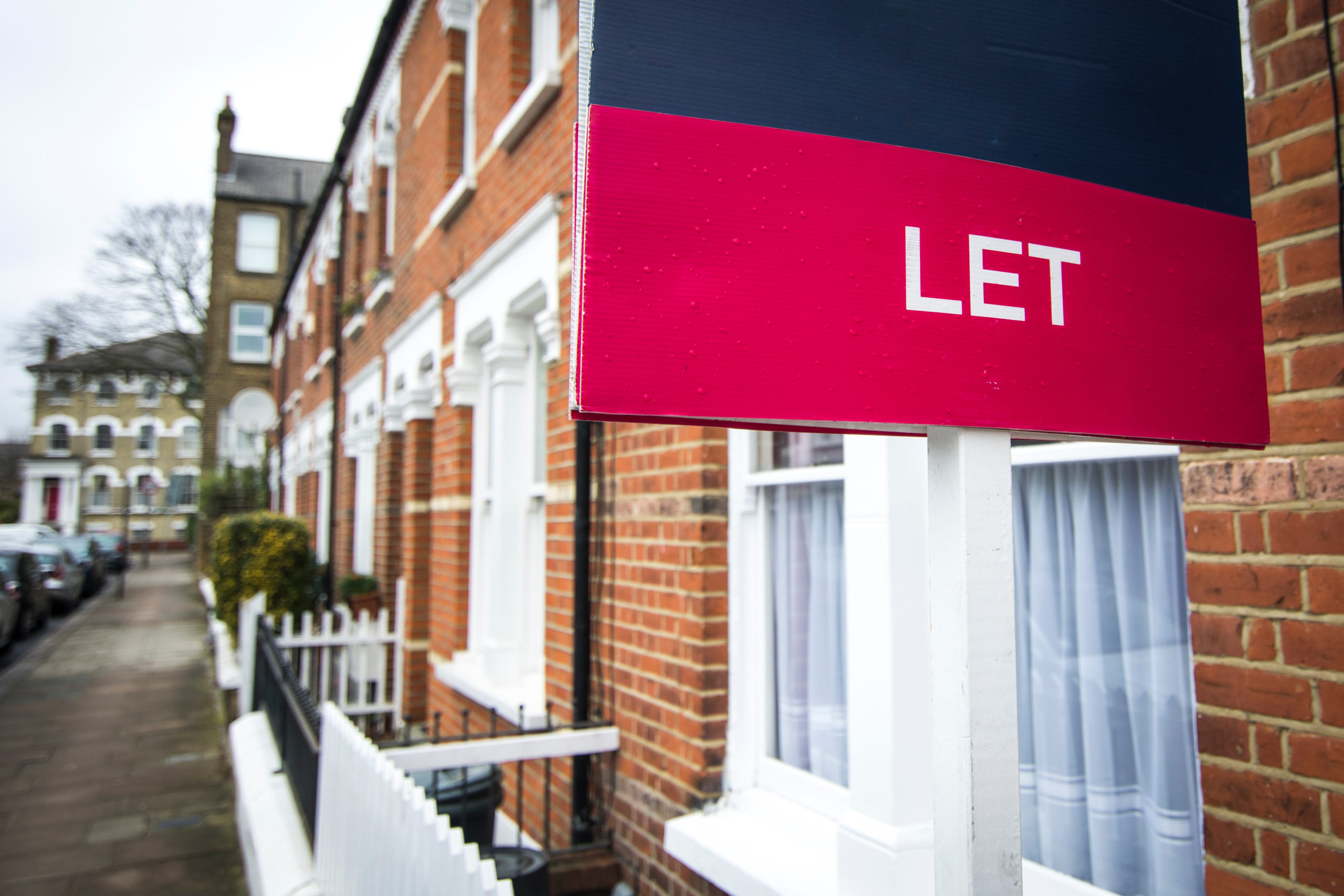On the 16th of June the long-awaited whitepaper on private renters reforms proposed for England was published. As Michael Gove sets out, the paper is intended to ‘level up’ the quality of homes in the private rented sector, as well as to give tenants more powers to challenge landlords who do not comply with their legal obligations.
Whilst the whitepaper is not a legally binding document, the expectation is that this is the basis for a Bill which will be put to parliament to become law.
We take a look at some of the proposed reforms.
-
The Decent Homes Standard
All private rented sector housing must comply with the Decent Homes Standard – this is already a requirement in the social rented sector. As a general overview, this will mean that properties must be; without any serious health and safety hazards, kept in a good state of repair and landlords must respond to maintenance issues promptly, facilities must be clean and useable, and properties must be comfortable to live in.
The existing Standard was written in 2000 and subsequently updated in 2006. It is currently subject to review, which might be before any Bill is put before parliament.
-
Improving the quality of housing in areas that are most in need
The Government intends to invest £20m in supporting local councils to address issues with private rented housing in their area. This will include support to enforce standards and trial different ways of working with landlords. This will initially be trialled in areas that are most in need.
-
Abolishing Section 21 ‘no fault’ evictions
Removing the ability for landlords to evict under Section 21 is intended to give tenants better security when privately renting. In future, this will mean that landlords will need to issue a Section 8 notice instead if they wish to regain possession of their property, as long as they are doing so under one of the grounds that are set out.
-
Changes to the grounds of property repossession
A new ground for possession will be introduced which allows landlords to regain possession of their property if they wish to sell it or if they, or a family member, want to move into it. There are also changes to repossession rules where rent arrears have occurred.
It is understood that the grounds for sale of the property (Ground 1) will be overhauled, and the Grounds 7 and 14 for Anti-Social Behaviour reviewed.
-
Rent reviews and increases
Landlords will no longer be able to use rent review clauses. It is proposed that landlords will only be allowed to increase the rent once per year, and the notice period for the new rent to come into effect will be two months. Tenants will also have the right to challenge rent increases through a newly set up tribunal.
-
A new Ombudsman
There will be a new private rented sector Ombudsman which all landlords will be required to join. The Ombudsman will serve to resolve disputes between landlords and tenants without using the court system.
-
Address delays in the court system
The introduction of an Ombudsman will help to reduce court delays as it gives landlords and tenants another way to resolve a dispute. The Government is then proposing to reform the areas of the court process that take the longest, so that the more serious cases will progress through the courts quicker.
-
The introduction of the Property Portal
The property portal will serve as a one-stop shop for advice for landlords and tenants. The property portal also intends to include information from the rogue landlords database.
-
Councils’ enforcement powers
Councils will be given stronger enforcement powers to pursue the worst offenders and a publicly accessible database will show landlords who have committed an offence, even if they have not been served with a Banning Order.
-
Renting to families with children and those in receipt of benefits
Landlords will need to make a decision on who to rent to based on the individual circumstances of the prospective tenant, it will no longer be acceptable for landlords to refuse to rent to families with children or those in receipt of benefits.
-
Pets in private rented properties
Tenants will be able to request to have a pet in their home, which the landlord will not be able to ‘unreasonably’ refuse. Landlords will be able to request that their tenant takes out appropriate pet insurance under amendments proposed to the Tenant Fees Act 2019.
-
Passport deposits
There are no concrete proposals to reforms to passport deposits and the way in which they are returned to tenants at the end of tenancy in the whitepaper. However, Government is proposing to work with industry experts to develop solutions that will help tenants to move house easier without the financial barrier of finding the money for a new deposit whilst waiting for the return of their old one.
Information provided in this article was correct at the time of publication. This article is intended as a guide only. Please note that legislation does change, it is always best to check the most up to date guidance on gov.uk





